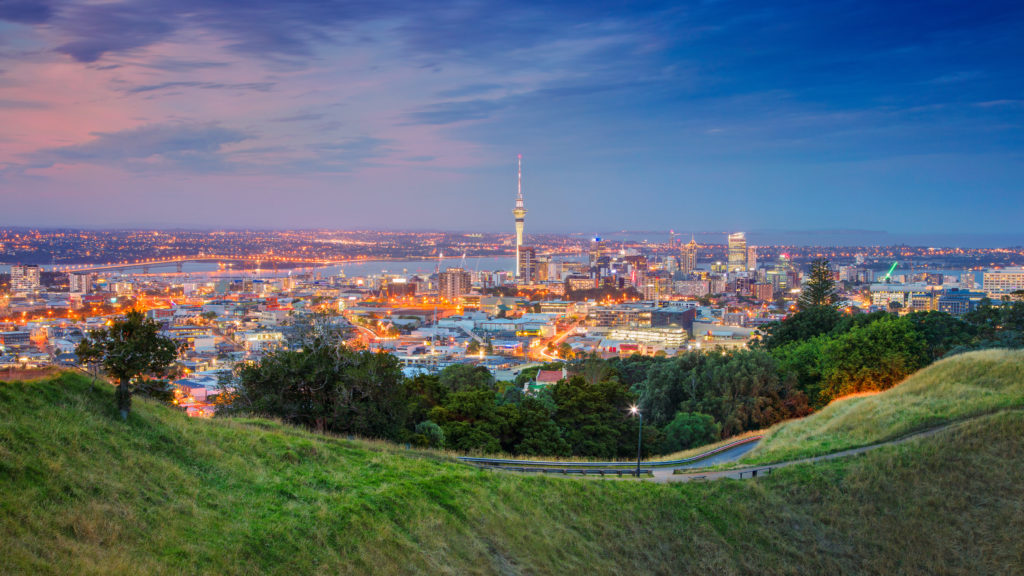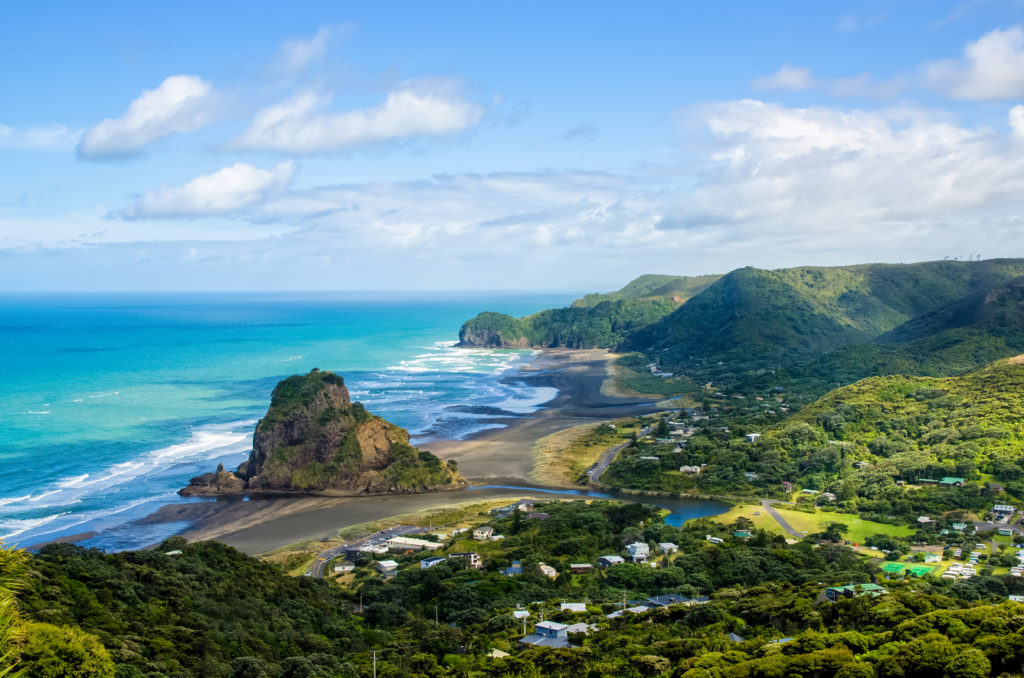Climate change in New Zealand is already having an impact, and these impacts are set to increase in magnitude and extent over time. Floods, storms, droughts and fires will become more frequent unless significant action is taken to reduce global emissions of greenhouse gases, which are changing the climate.
New Zealand is vulnerable to climate change because of our high reliance on agriculture and tourism, our small population spread across a large area, and our long coastline. Our economy is also heavily reliant on fossil fuels.
The effects of climate change are already being felt in New Zealand through more extreme weather events, such as floods and storms. These events are expected to become more frequent and more severe as the climate continues to change.
Flooding in New Zealand
Floods in New Zealand are becoming more frequent and more severe as the climate changes. Storms are also expected to become more frequent and more severe. In March 2011, a series of storms caused widespread flooding in New Zealand. The storms resulted in the evacuation of thousands of people, and caused damage to homes, businesses and infrastructure.
In July 2012, another series of storms caused widespread flooding and damage to homes, businesses and infrastructure. In February 2013, a series of storms caused widespread flooding and damage to homes, businesses and infrastructure. In April 2014, a series of storms caused widespread flooding and damage to homes, businesses and infrastructure.
As the climate changes, we can expect more extreme weather events like this, which will cause more damage and disruption.
Bushfires in New Zealand
Bushfires in New Zealand are also becoming more frequent and more severe as the climate changes. In February 2013, a wildfire destroyed over 1,000 homes and caused the evacuation of thousands of people in Christchurch. In January 2014, a wildfire destroyed over 400 homes and caused the evacuation of thousands of people in Auckland.
Drought in New Zealand
Droughts in New Zealand are becoming more frequent and more severe as the climate changes.
In 2013, a drought caused widespread damage to crops and livestock, and led to water restrictions being imposed in many parts of the country. In 2014, another drought caused widespread damage to crops and livestock, and led to water restrictions being imposed in many parts of the country.
Economic Impact of Climate Change

Climate change will have a significant impact on the economy. Agriculture, which is our biggest export earner, is particularly vulnerable to the effects of climate change, such as droughts and floods. Tourism, another important sector of our economy, will also be affected by climate change, as people are likely to travel less if the weather becomes more extreme.
Greenhouse Gases
Despite New Zealand’s vulnerability to climate change, we are not doing enough to reduce our emissions of greenhouse gases. We need to take action now to reduce our emissions and prepare for the impacts of climate change that are already being felt.
Greenhouse gases are released into the atmosphere when we use fossil fuels such as coal, oil and gas. These gases trap heat in the atmosphere, causing the Earth’s temperature to rise. This process is called global warming.
As well as causing global warming, greenhouse gases also contribute to other problems, such as air pollution and ocean acidification.
Carbon Emissions
Carbon emissions in New Zealand have been increasing drastically since 1990. This is mainly due to our growing economy and population, and our reliance on fossil fuels. Agriculture is also a significant contributor to our emissions, due to livestock farming and land use practices.
Transportation is a major source of emissions in New Zealand, accounting for around 19% of our total emissions. The majority of these emissions come from road transport, with light vehicles such as cars and SUVs being a major contributor.
Carbon Footprint
A carbon footprint is the amount of carbon dioxide (CO2) and other greenhouse gases that are emitted due to the consumption of fossil fuels. It is a measure of the impact our activities have on the environment.
New Zealand’s per capita carbon footprint is 8.5 tonnes per person, one of the highest in the world. This is partly due to our high reliance on fossil fuels, but also because of our high emissions from agriculture. In comparison, the average carbon footprint in neighboring Pacific Islands is just 0.5 tonnes per person.
Climate Change in Auckland
Climate change in New Zealand is already having an impact on Auckland. Flooding is becoming more common, due to the combination of sea level rise and more extreme storms. Stormwater systems are not able to cope with the increased volume of water, leading to flooding in low-lying areas.
Auckland is also experiencing more droughts, as the climate becomes drier. This is having an impact on our water supply, as we are relying more on groundwater and rainwater tanks.
Climate Change in Wellington
Wellington is also being affected by climate change. The sea level around Wellington has risen by around 10cm since 1900, and is projected to rise by a further 30-60cm by 2100. This will increase the risk of flooding, particularly during storms. Wellington is also likely to experience more droughts, as the climate becomes drier. This will put pressure on our water supply, as the city is already reliant on groundwater.
Christchurch
In Christchurch, the effects of climate change are already being felt. The city is experiencing more floods, as a result of the combination of sea level rise and more extreme storms.
Maori People

Climate change in New Zealand affects the Maori People in a number of ways. Firstly, it threatens the food security of Maori communities, as traditional sources of food such as seafood and shellfish are becoming increasingly scarce. Secondly, climate change is having an impact on Maori culture and heritage, as rising sea levels are causing erosion of coastal sites. Finally, climate change is affecting the health of Maori people, as extreme weather events such as floods and storms are becoming more common.
Wildlife in New Zealand
New Zealand’s unique wildlife is also being affected by climate change. Many native species are under threat from the effects of global warming, such as sea level rise and habitat loss.
Sea level rise is a major threat to New Zealand’s coastal wildlife. Many native species, such as the tuatara, are found only on offshore islands. As sea levels rise, these islands are becoming increasingly submerged, and their wildlife is at risk of being lost forever.
Habitat loss is also a major threat to New Zealand’s wildlife. As the climate changes, many native species are struggling to adapt to new conditions. This is particularly true for forest birds, which are already under pressure from habitat loss and introduced predators.
As climate change continues to affect New Zealand, it is likely that the impacts on our environment, economy and society will become more severe. It is essential that we take action now to reduce our emissions and mitigate the effects of climate change.
Carbon Offsets
There are many things that individuals and businesses can do to reduce their emissions of greenhouse gases and climate change in New Zealand. One way is to purchase carbon offsets. Carbon offsets are a way of offsetting your own emissions by funding projects that reduce emissions elsewhere. For example, you could purchase carbon offsets to help fund a project that reduces deforestation in Indonesia.
While carbon offsets can be a helpful way of reducing your emissions, they are not a substitute for reducing your own emissions. It is still important to take action to reduce your own emissions, even if you purchase carbon offsets.

